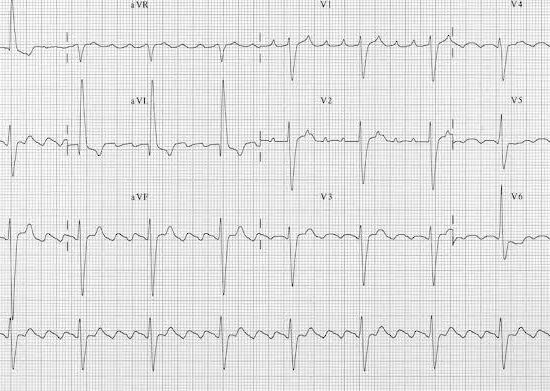Rheumatic Diseases and the Heart
Rheumatic diseases can lead to various heart-related problems. Here are some important points:
– Rheumatoid Arthritis (RA): RA may increase the risk of cardiovascular diseases. This disease can affect the heart muscle, pericarditis, and heart valves. Additionally, people with RA have an increased risk of atherosclerosis (hardening of the arteries) and coronary heart disease.
– Systemic Lupus Erythematosus (SLE): Lupus can cause inflammation of the lining of the heart (pericarditis), inflammation of the heart muscle (myocarditis) and damage to the heart valves. Additionally, the risk of heart attack and stroke may increase with SLE.
– Ankylosing Spondylitis: In this disease, the heart valves, especially the aortic valve, can be affected and lead to aortic valve insufficiency.
– Sjögren’s Syndrome: It can cause problems such as heart rhythm disorders and inflammation of the heart vessels. It can result in heart failure, embolism and heart attack.
– Behçet’s Disease: Inflammation and blockages may occur in the heart vessels, which may lead to a heart attack or lung (pulmonary) embolism.
To protect the heart health of people living with rheumatic diseases:
– Regular health checks: It is important to monitor cardiovascular risk factors.
– Medication: Some medications used for rheumatic diseases can also protect or support heart health.
– Lifestyle changes: Healthy nutrition, regular exercise, not smoking and stress management are critical for heart health.
In case of any symptoms or concerns, the best approach is to consult a rheumatologist and cardiologist.






